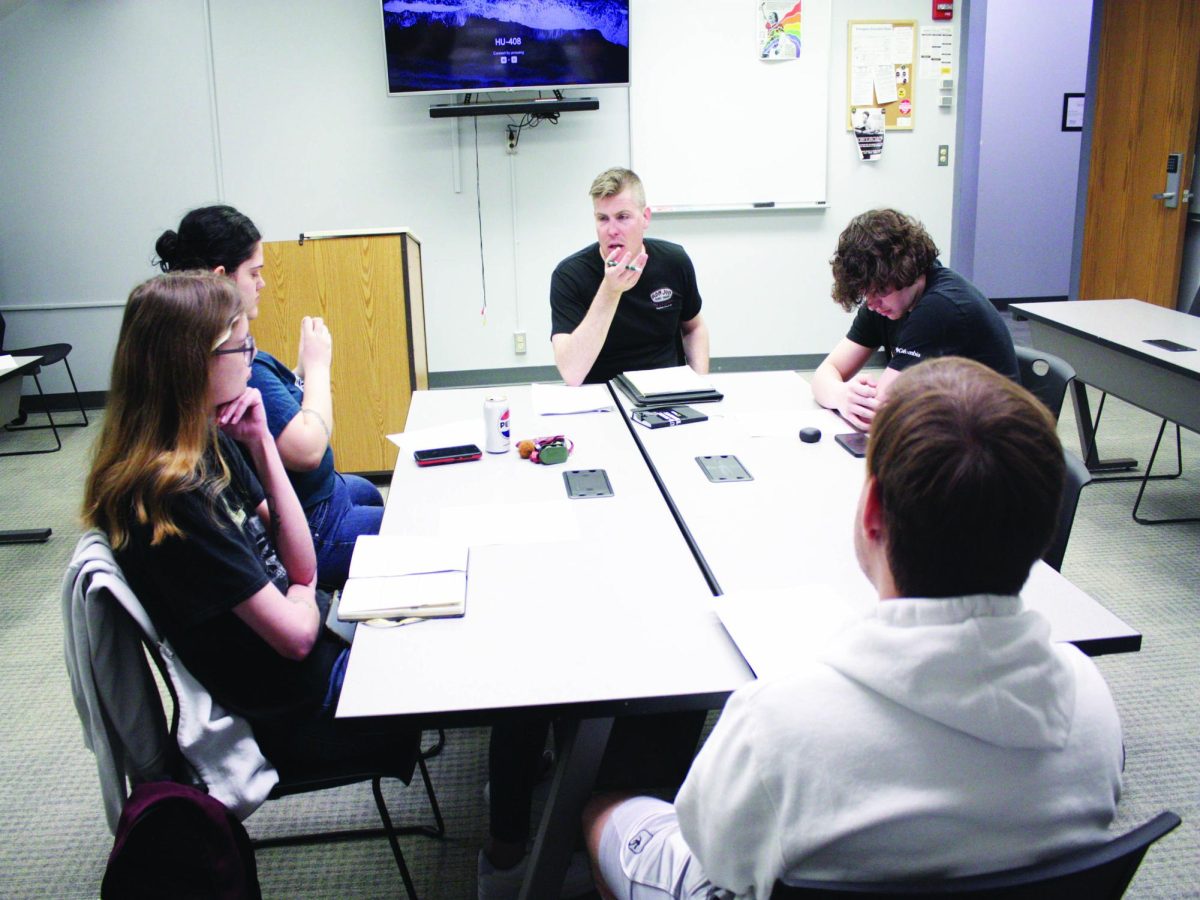Science News: Mental health could be affected during quarantine

April 4, 2020
Mental health experts warn that individuals’ risks for experiencing loneliness and anxiety may increase due to social distancing and self-isolation, according to an article recently published by Science News.
Since Wayne State moved to an online delivery program earlier in March, students’ mental health has changed as a result of the preventative measures taken to combat COVID-19. Jayne Halsey, a counselor in Wayne State’s Counseling Center, said that students may be struggling with changing their daily routines and adapting their learning strategies in the absence of in-person classes.
“So far, with the students who presented to the Counseling Center, there is an increase in anxiety that they or someone close to them will be positive for COVID-19,” Halsey said. “They are also struggling with the changes in their usual lives of going to distance learning, many returning home early and giving up the independence and social experiences they usually experience in college.”
Aarron Wilson, a senior at WSC, said he considered the mental health effects of social distancing an inconvenience.
“I guess, maybe [the students] are more stressed and more anxious,” Wilson said. “I would say [I have] experienced a greater difficulty in meeting up with people.”
Social distancing, one of the measures taken to combat the spread of COVID-19, refers to keeping six to 10 feet between two or more people. Sujata Gupta, a reporter for Science News, said people aged 65 or older are particularly at risk for mental health issues attributed to social distancing. The article also said these people are more at risk because they often lose the ability to socialize as they age.
Halsey said the mental health effects of social distancing and self-isolation have real consequences, especially for those who usually cope with mental health issues by spending time with others.
“Social distancing and self-isolation can result in the potential risks of depression developing or becoming more severe, and increased anxiety,” Halsey said. “For students who work on not isolating as part of a strategy to cope with depression, [social distancing] increases the risk of the depression becoming more severe, and the concern is someone could develop at-risk thoughts or behaviors without anyone noticing.”
Halsey said the most important thing that can be done to improve mental illness is to recognize that social distancing does not necessarily mean complete isolation.
“I would advise students to work on living life in the present and remember the changes and challenges that currently exist will not be a forever event,” Halsey said. “Eventually, life will return to the usual way of living and we will celebrate being together again. Even when social distancing, we are never really alone. There are people who care and love us even when they can’t be together.”
The WSC Counseling Center, located in the Kanter Student Center, remains open to students for the remainder of the semester. The Counseling Center also offers online services via Zoom for students who have already returned home. Students who have questions or concerns or who wish to make an appointment can contact the Counseling Center by phone at 402-375-7058.






